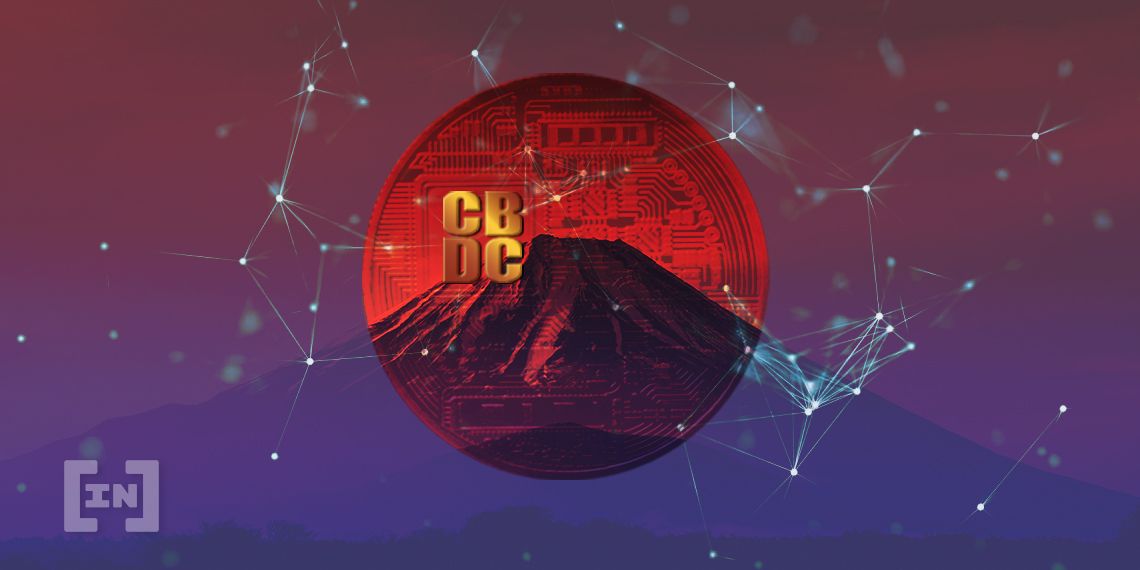Bank of Japan Governor Haruhiko Kuroda said that the central bank is scheduled to begin experimenting with central bank digital currencies (CBDC).
These remarks came in the closing statements of speech Kuroda gave about integrating information and financial systems.
Central Banking as a Service
Officially, the bank has not changed its stance, Kuroda said. It “currently has no plan to issue CBDC.” Despite this, he said it was important to prepare to respond appropriately to changing circumstances. Kuroda said it was not an appropriate policy response to consider CBDCs only when the need arises in the future.
Earlier in his speech, Kuroda spoke of the proliferating concept of “as-a-Service.” Examples include “Software-as-a-Service, Mobility-as-a-Service, and Infrastructure-as-a-Service.” In each of these examples, people pay for what they need of the service without taking on the overhead costs of maintaining them.
He then highlighted “Banking-as-a-Service,” where financial services are becoming more on-demand. His words on CBDCs were in the context of keeping up with the needs of consumers.
Kuroda concluded;
“Amid significant changes that are occurring with the advent of the digital society, we will take this opportunity to carefully consider the way in which we should provide central bank money, or, using expressions from today’s theme, ‘Central Banking as a Service.’”
CBDC Plans
The Bank of Japan is not the only central bank that has been seriously considering the use of CBDCs.
In his speech, Kuroda cited a survey of 65 central banks by the Bank for International Settlements (BIS). According to the survey, 86% were exploring the benefits and drawbacks of CBDC issuance. Another 60% were conducting experiments or a Proof-of-Concept (PoC).
Earlier, Kuroda mentioned that his institution had released a report entitled, “The Bank of Japan’s Approach to Central Bank Digital Currency” in October 2020. In the same month, the European Central Bank issued its own “Report on the Digital Euro.”
Meanwhile, China is a step ahead of the game, having already begun trials with a CBDC. In August 2020, China’s digital currency electronic payment (DCEP) project processed over $160 million in payments from 3.13 million transactions.
As the world becomes increasingly digitized, countries that adapt to changing practices will likely gain an international advantage.
Disclaimer
In adherence to the Trust Project guidelines, BeInCrypto is committed to unbiased, transparent reporting. This news article aims to provide accurate, timely information. However, readers are advised to verify facts independently and consult with a professional before making any decisions based on this content. Please note that our Terms and Conditions, Privacy Policy, and Disclaimers have been updated.


